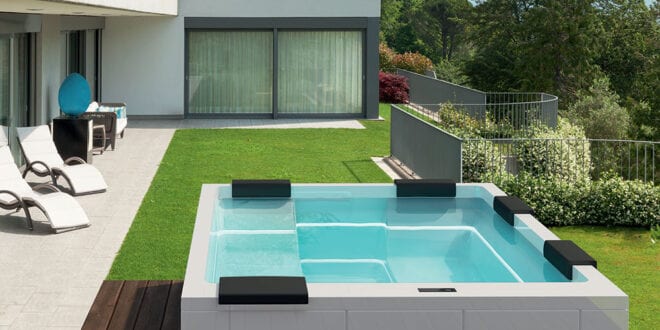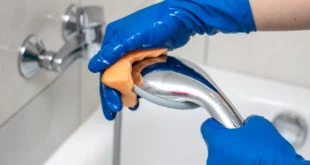Hot tubs are a great addition to the typical garden. Unlike a swimming pool, you can enjoy it no matter the weather. They may have the added benefit of relieving various aches and pains, but it is always a great way to relax at the end of the day. However, it isn’t as simple as buy, install, and enjoy. This is why it’s important that you do your research before you start shopping for one. Here’s everything you need to know before you get a garden hot tub.
The Various Options Available to You
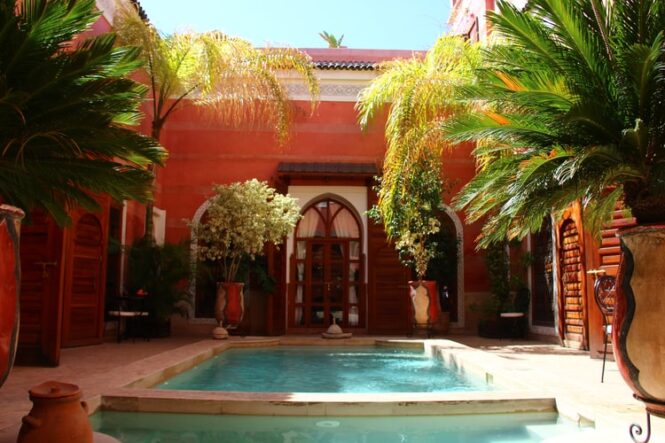
There are three main classes of hot tubs. The first option is an inflatable one. This is pretty much a small inflatable pool with added features that can be filled with a garden hose or another water source.
The inflatable hot tub is a temporary structure, so setting it up is much easier. You can also take it with you when you move or go on holiday. On the other hand, it won’t have the same range of features as permanent hot tubs. Furthermore, emptying the portable one can be messy.
Rigid hot tubs are typically permanently installed. You should leave the job to a professional installer or building contractor. They’ll connect the electrical heaters to the power grid, and they may connect the hot tub to your water line. This makes it as easy to use as your master bathtub. It can also keep the water hot and bubbling as long as you’d like, without you having to get out and add water or wood.
A third choice is the wood-fired one. These don’t require electrical power connections. They’re an option at rural homes where you don’t have electricity to heat up a hot tub.
The Available Features

Another thing you’ll have to check are features. A spa will always have heating elements. A whirlpool tub, on the other hand, may or may not have heating elements, but it will have a jet pump to create a current.
You can buy hot tubs with bubble-generating or massaging jets. It’s also possible to buy them with built-in lights or sound systems. Then you don’t have to install additional lighting or find a way to safely keep a radio near it. Some people would pay more for built-in water features like waterfalls.
One factor to consider is how large you want the unit to be and what amenities you want available to everyone. For example, you can choose hot tubs based on the number of seats and the number of jets. You’ll pay more for that one that has jets for every seat. Note that more pumps do not equal better performance by the jets.
Size
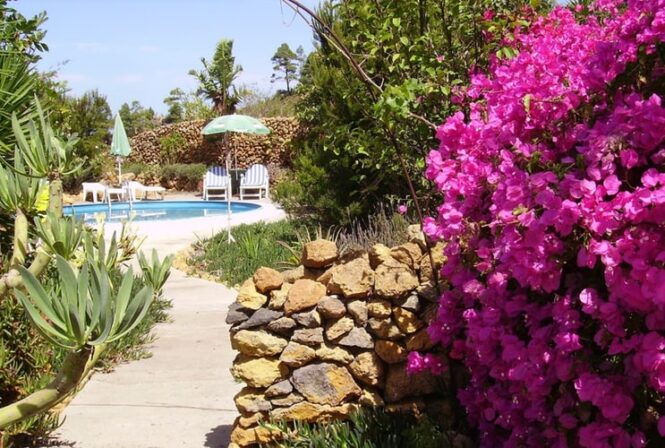
In general, you should buy one with enough seats for everyone who will use it. For example, couples should typically have at least two seats in their hot tub. A four-seater gives you extra space and room for guests but isn’t necessary unless you intend on inviting people to join you. On the flip side, those who regularly host parties may want six or eight seats one, so they have room for everyone.
Don’t forget to compare the size of the hot tub to space you plan on installing it in. Give yourself several feet of space on all sides of the hot tub for maintenance and safety. For example, you want to give people the ability to get out of it on any side if necessary. This has the side benefit of making things easier for the installers.
The Maintenance Required
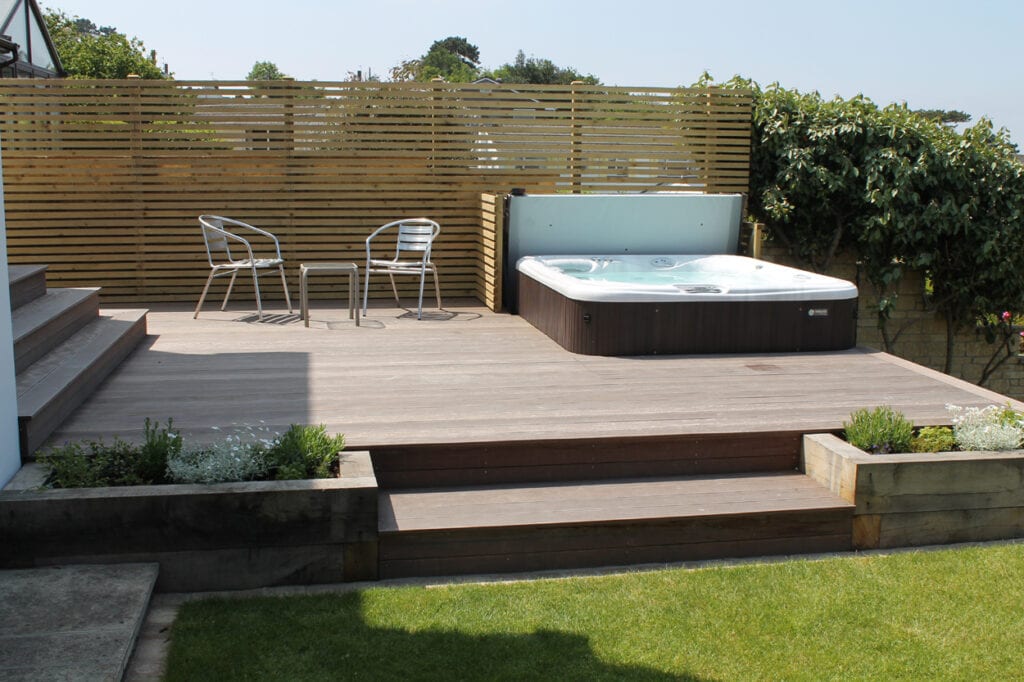
Hot tubs and spas have filtration systems like your swimming pool. In most of them, you have to change out the filters regularly if you want to maintain the water quality. However, some units will require less maintenance.
One of the things you’ll need to watch out for is the water jets, which may clog. Pumps can also wear out and need to be replaced. If you’re reluctant to pay for spa repairs, consider choosing a hot tub with a good warranty.
Suppliers like OasisLeisure.com, for instance, have a wide selection of self-cleaning hot tubs. These products dramatically reduce the cleaning and maintenance requirements that come with conventional hot tubs and swimming pools.
The Ongoing Costs
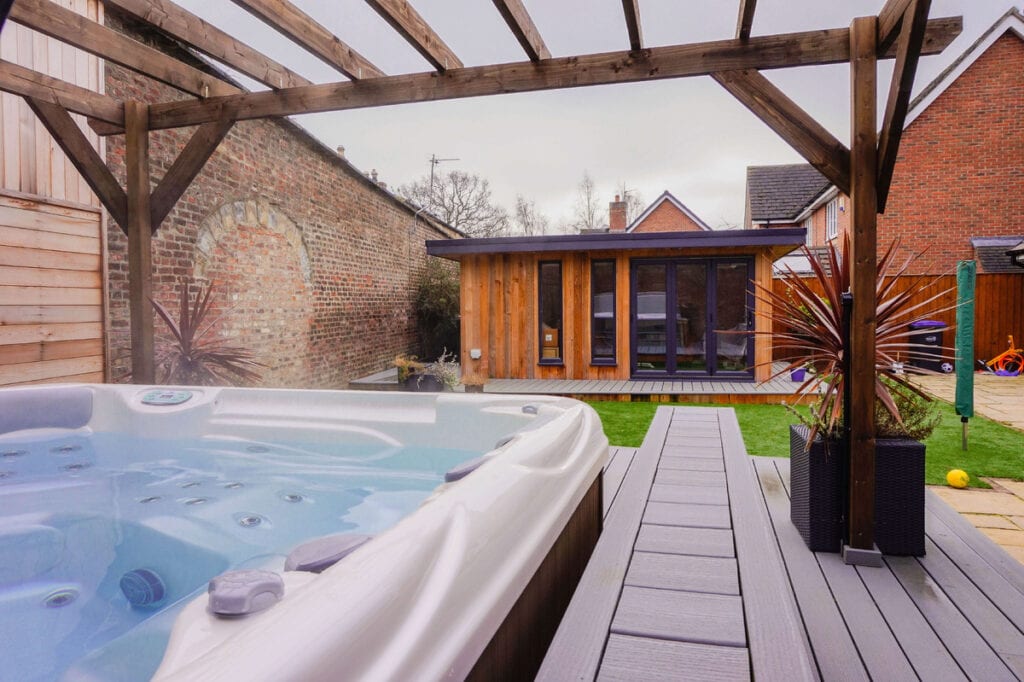
You can buy spas and hot tubs at a wide range of price points, though the cost of the base and site preparation is unique to each home. However, the spa will also cost money to operate.
It isn’t just consumable items like replacement water filters or paying for the occasional repair. Spas require water and electricity to run. If you plan on using the spa often, consider paying a little more for a more energy-efficient unit.
You can find hot tubs that are up to 25% more energy efficient. This lowers how much electricity it takes to heat the water. In some cases, this may extend the life of the equipment because it doesn’t have to run the heaters as often. More efficient pumps don’t work as hard or long to move water through the system.
A good rule of thumb is choosing quality over cost, barring the luxury and premium models. Higher quality hot tubs are less likely to crack or experience failures. Choose units with more insulation since this keeps the water hotter longer while minimizing energy usage.
Hot water heaters are going to require chemicals and water treatments as a swimming pool would. Know what chemicals are involved in maintaining the water quality in the hot tub and where you could buy them. Don’t assume you can use pool chemicals in the hot tub unless the owner’s manual says it is compatible with the model you’ve purchased.
The Installation Process

Unless you’re buying an inflatable hot tub, you’re going to need to plan for the installation process. You first have to plan on how the installers are going to get the hot tub in your garden in the first place. You might need to remove a section of fence paneling to get the new tub in. You also have to make sure that you choose experienced installers since bad wiring or water connections can create major headaches. Also, take the time to ask for an explanation of how to do the required maintenance.
If you’re thinking about installing a hot tub or spa, learn everything from the work involved in the features that will make soaking in the tub more pleasant before you buy it. Then you’ll get everything you want out of your new hot tub, and avoid issues.
 Imagup General Magazine 2024
Imagup General Magazine 2024
